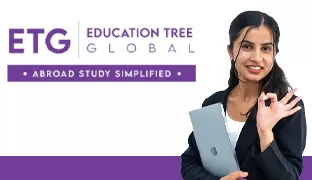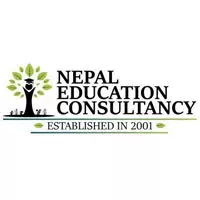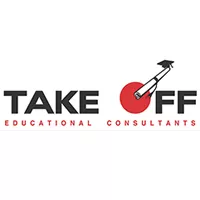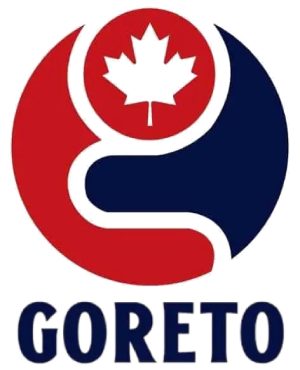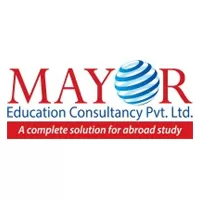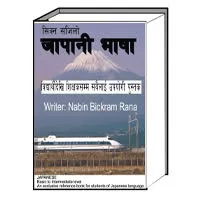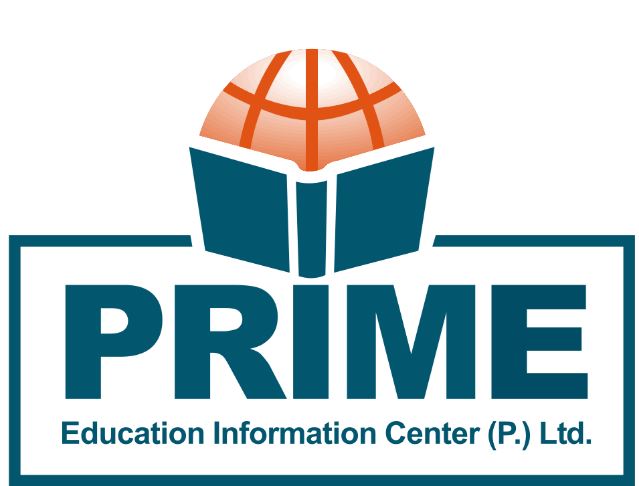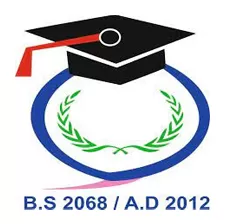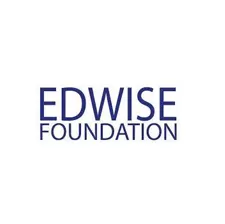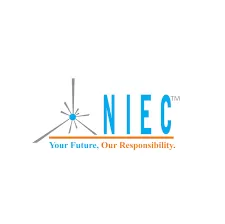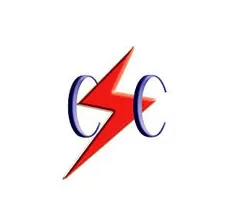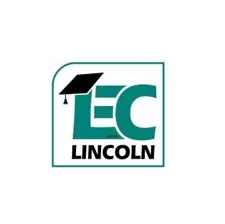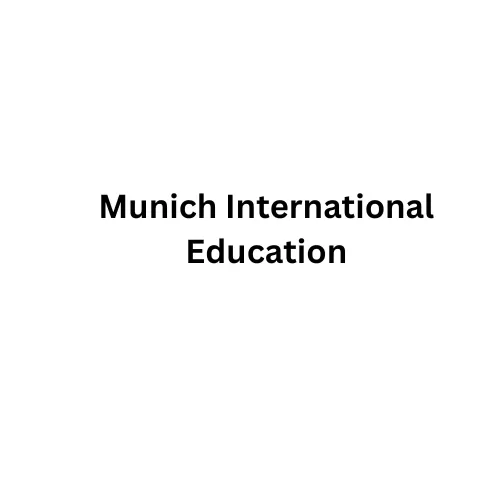USA
Why Study in USA?
The USA is the land of opportunity, innovation, and academic excellence. Individuals across the world, including Nepal, dream to study there. The country is an arsenal for Nepalese students who want to do wonders in their careers.
From being home to some of the top-ranking universities globally to a flexible curriculum credit system, America offers a unique blend of cultural diversity and unparalleled resources that cultivate a vibrant learning experience. Hence, with the dream of studying, every year thousands of students apply for visas.
However, students must know about multiple aspects of studying in the USA. This page/article is there to provide every information on the topic, from the reasons to study there, visa requirements to the cost of studying.
Deciding the country to study and jumping right into the procedure is foolish. So, before applying, students should first know about every detail of the USA; its education system, costs, and scholarships. They should start with the question, “Why should I choose to study in the USA?”
The United States of America is a global leader in research and innovation. This means students have the opportunity to engage in groundbreaking research across various thematic areas whether that is academia, industry, or tech-related research.
Here are the reasons why studying in the USA is best for Nepalese students:
Numerous Courses to Choose From
Universities in the USA offer a wide variety of courses to Nepalese students. The programs that are not available anywhere else are available here. The choices scholars have while selecting a major are huge, regardless of the area of study.
Innovative Activities
The education of the USA is such that, students pursuing degrees there get an opportunity to work, learn, and participate in research. Besides universities, other organizations in the country invite students to various innovative activities.
Career Advancement and Internships
Internship programs are available through universities in the USA as a method to launch student's professional careers. To get practical experience and gain access to better-paying employment after graduation, many scholars participate in internships.
Not only that, universities in the USA provide a range of services to assist international students both within and outside the classroom. The majority of schools include sections devoted to helping overseas students. These agencies can help with English language proficiency, visa concerns, financial aid, and even cultural adjustment.
Cultural Diversity
The universities in the USA comprise of majority of international students from different backgrounds and cultures. So, students from Nepal are exposed to different cultural backgrounds which prepares them for the globalized community that we reside in today.
Cutting-Edge Facilities and Resources
The universities of the USA are equipped with cutting-edge labs with technologies and instruments that are hard to find in other institutions. Engineering, astronomy, nanotech, and AI are some of such examples. Studying in the USA allows students to access all of these.
Personal Growth and Independence
Exposure to a new country and different cultures pushes students outside their comfort zone. To study in the USA, students have to leave their homes and learn various things like financing, cooking, work-life-study management, and many more. This will make them independent and help in their personal growth.
Key Points to Study in the USA
| Preparation Test Required | IELTS, TOEFL, SAT |
| Level of Degrees Students can Enroll in |
|
| Visa Type | F-1 Academic Visa |
| Cost of Study | Est. $20,000 to $70,000 |
| Living Cost | Est. $800 to $1,500 per month |
| Scholarships | Available |
| Intake | 3 intakes
|
Benefits of Studying in the USA for Nepalese Students
Despite many challenges, studying in the USA for Nepalese students is extremely rewarding. Students will gain access to world-class education, and research opportunities, and choose from multiple courses for their careers. The major benefit that comes along is personal and professional growth. Besides this, it is also beneficial because of the following reasons:
- Excellence in the Academic Field
- Research Opportunities
- Thousands of Courses to Choose From
- Top-class Universities
- Promising Career
- Global Recognition
- Internship Chances
Popular Courses to Study in the USA for Nepalese Students
The primary reason why many Nepalese and other international students are attracted to the US education system is because of the courses available in American universities. There are thousands and thousands of programs to choose from. Let us just say this, there is an educational program in the USA for every niche.
Out of all the courses available, the most popular among Nepalese students falls under the domain of IT, business, engineering, medical science, and computer science. Here is the list of such courses with the approximate tuition fees.
| Courses | Tuition Fee (approximate) |
| Business Administration | $25,000 - $70,000 per year |
| Computer Science | $25,000 - $60,000 per year |
| Engineering | $30,000 - $70,000 per year |
| Medicine | $35,000 - $60,000 per year |
| Liberal Arts | $20,000 - $50,000 per year |
Top Universities to Study in USA for Nepalese Students
The USA is home to some of the best universities in the World. In fact, according to the QS World University Rankings 2024, from the list of top 15 universities, 8 of them are from the United States.
However, these top universities in the USA are not affordable for everyone from Nepal. There are more than 3500 institutes in the country that can grant the degree. Students from Nepal can opt for the above-mentioned universities or choose from the affordable ones.
Here is the list of some of the most popular and affordable universities in the USA for Nepalese Students.
| University | Courses | Average Tuition Fee (estimated) |
| American National University | Business Administration, Information Technology, Health Sciences, Paralegal Studies, Accounting, and more. | $13,305 - $17,370 per semester |
| Missouri State University | Business Administration, Computer Science, Engineering, Education, Health Sciences, Arts and Letters, and more. | $7,392 - $16,890 per semester |
| Montana State University | Engineering, Computer Science, Business, Nursing, Agriculture, Architecture, Arts and Humanities, and more. | $7,485 - $29,265 per academic year |
| University of Houston | Business Administration, Computer Science, Engineering, Nursing, Education, Liberal Arts, Architecture, and more. | $9,221 - $24,221 per academic year |
| North Park University | Business Administration, Computer Science, Education, Nursing, Music, Psychology, Theology, and more. | $31,000 - $39,000 per academic year |
| Northeastern University | Business Administration, Computer Science, Engineering, Health Sciences, Design, Social Sciences, Arts and Humanities, and more. | $54,360 - $56,480 per academic year |
Requirements to Study in the USA for Nepalese Students
Studying in the USA as a Nepalese student involves several steps and requirements. Here are some of the requirements for Nepalese students to study in the USA:
| Requirements | Descriptions |
| Academic Qualifications | Intermediate level to study bachelor Undergraduate level to study master’s |
| Test Preparation | English language proficiency tests like IELTS or TOEFL |
| SOP | A Statement of Purpose stating their reason for choosing the university in the USA and students' plan after study. |
| Transcripts | The transcripts from all the educational institutions students have attended before. |
| Letters of Recommendation | Letters from teachers or professors who can attest to your academic abilities and potential |
| Standardized Tests | Some programs and universities might ask for standardized tests like SAT, GRE, and GMAT. |
| Financial Proof | Students must prove to the educational institutes that they have enough money for tuition fees, living expenses, and return transportation |
| Visa Preparation | Students must obtain any of the student's visa to go to the country and read there. F-1, J-1, and M-1 are the three types of student visa. |
Intakes in the USA for Nepalese Students
There are a total of three intakes in the USA during which Nepalese students can apply for higher studies from Nepal. Unlike the single intake system of Nepal, the US universities and colleges have three.
Each intake has its pros and cons. For example, the fall intake is the primary one since it is the period when a new academic year starts. So, the number of programs and scholarships available is high during this time. On the negative side, the competition is high during this intake.
| Intakes | Deadlines |
| Fall | May - July (varies by the university) |
| Spring | October - December (varies by university) |
| Summer | February - April (varies by university) |
Fall Intake
The fall intake falls during the month of late August and early September. The courses in this intake start between September and December. The majority of international students apply for this intake due to the wide number of courses available. Also, more scholarships are available in this intake because of which the competition is high.
Spring Intake
The students who missed the fall intake can again apply through the spring intake. Students who applied for this intake can start their educational journey in January. Application during this season provides more preparation chances for scholars. Naturally, there is less competition in this intake, so the chances of getting a seat in a university are high.
Summer Intake
The summer intake or tertiary intake starts in May/June. In this intake, very few universities offer seats. So there are a very small number of courses available. However, the competition is less and chances are that students can finish their degree earlier.
Tuition Fees and Scholarships to Study in the USA for Nepalese Students
Among all the costs, the cost of education or simply tuition fees covers more than 50% of the total expenses. They have to pay the amount of 6 months or a year to the college before entering the country. After they start studying, the sponsor is responsible for paying the remaining sum.
The cost of the program depends upon its kind. Some courses in the field of medicine are comparatively more expensive than those in arts and humanities. On average, it will cost $20,000 to $70,000 for the degree.
Scholarships to Study in the USA for Nepalese Students
The USA is a nation where scholarships are a core part of the curriculum. Students across the world can attain scholarships through various areas. Government grants as well as public or private university fellowships are widely popular.
The eligibility for the scholarships in the USA, however, varies depending upon the student's achievements and extracurricular activities. Students should closely check the eligibility criteria and see if they qualify for it.
Here is the list of a few of the scholarships with their amount and eligibility criteria.
| Scholarship | Amount | Eligibility |
| Fulbright Foreign Student Program | Varies (full or partial funding) | International students pursuing master’s degree |
| Hubert H. Humphrey Fellowship Program | Varies (full funding) | Mid-career professionals in multiple sectors |
| AAUW International Fellowships | $18,000 - $30,000 | Women pursuing bachelor’s or master’s degree |
| Rotary Foundation Global Grants | Varies | Various fields of study and humanitarian work |
| Gates Millennium Scholars Program | Varies (full funding) | Underrepresented minority students |
The cost of studying and Living in the USA for Nepalese students significantly varies depending upon various factors like universities, courses they are enrolled in, state, and their lifestyle. Besides tuition fees, the average expense of staying there is around $800 to $1, 500 per month.
Here is the table stating the major cost of studying in the USA for Nepalese Students at the undergraduate and graduate levels.
| Expenses | Under Graduate | Graduate |
| Tuition Fees | $20,000 - $70,000 | $30,000 - $90,000 |
| Accomodation | $8,000 - $15,000 | $8,000 - $15,000 |
| Meals and Groceries | $3,000 - $6,000 | $3,000 - $6,000 |
| Textbook and Study Materials | $1,000 - $2,000 | $1,000 - $2,000 |
| Health Insurance | $500 - $3,000 | $500 - $3,000 |
| Transportation | $1,000 - $3,000 | $1,000 - $3,000 |
| Personal Expenses | $2,000 - $4,000 | $2,000 - $4,000 |
Work after Study in USA for Nepalese Students
The USA, as a developed country, offers a wide range of job prospects to Nepalese students after they complete their education there. Regardless of the sector, the average amount of salary for capable candidates is more than anywhere else in the world.
Having an educational degree and professional experience in the USA is like having a golden goose. The opportunities are limitless. Students, however, have to apply for a US work permit visa after the tenure for F-1 visa ends.
Optional Practical Training (OPT)
International students in the US with a valid F1 immigration status are allowed to work off campus after completing their degree in the form of optional practical training (OPT). Here is the important point students must know before applying for an OPT.
- Following graduation, OPT employment must be full-time (40 hours per week).
- All OPT must be completed within 14 months after completion of your degree
- The U.S. Citizenship and Immigration Services (USCIS) must receive applications for post-completion OPT before the completion of the degree
Curricular Practical Training (CPT)
The Curricular Practical Training (CPT) allows international students to work as interns after they complete their education. They can also work through cooperative education programs. These jobs are part of their studies. It is essential to have prior approval from your school's office for international students for CPT.
H-1B Visa
One of the visa options for Nepalese students who have just completed their education in the USA and want to settle down is an H-1B visa. This allows employees in the country to hire students from overseas.
Source- https://www.uscis.gov/working-in-the-united-states/h-1b-specialty-occupations
Employer Sponsorship
Oftentimes, the employers hire international students and they sponsor the visa. Such visas are called H-1B and O-1 visas. The O-1 visa is for those individuals who possess astounding potential in their respective fields of study.
Entrepreneurship Opportunities
Prospective entrepreneurs with novel ideas can benefit from many programs for international business owners, including the Startup Visa program and the Optional Practical Training for Entrepreneurs (OPT-E). These programs give them a chance to launch and grow their businesses in America.
Any competent student after graduating is exposed to the world values the USA's education and experience. Studying in the USA will open so many doors in this competitive global job market.
Here is the list of jobs in some of the popular fields with their average annual salary.
| Job fields | Average Annual Salary |
| Information Technology | $80,000 - $120,000 |
| Engineering | $70,000 - $110,000 |
| Business Administration | $60,000 - $100,000 |
| Healthcare | $50,000 - $120,000 |
| Finance | $60,000 - $120,000 |
| Marketing | $50,000 - $90,000 |
| Education | $40,000 - $70,000 |
| Research | $50,000 - $100,000 |
| Arts and Design | $40,000 - $80,000 |
| Hospitality and Tourism | $30,000 - $70,000 |
Part-time jobs for Nepalese Students in the USA
During their stay in the USA, Nepalese students are allowed to work for 20 hours a week. However, they have to follow the regulations set by the United States Citizenship and Immigration Service (USCIS).
The regulation states that an F-1 visa holder cannot work outside the campus during their first academic year and can only work on campus. After one year, they can work off-campus on any of these:
- Curricular Practical Training (CPT)
- Optional Practical Training (OPT)
- Science, Technology, Engineering, and Mathematics (STEM) OPT
Top University of USA
| Location | University | Student |
|---|



